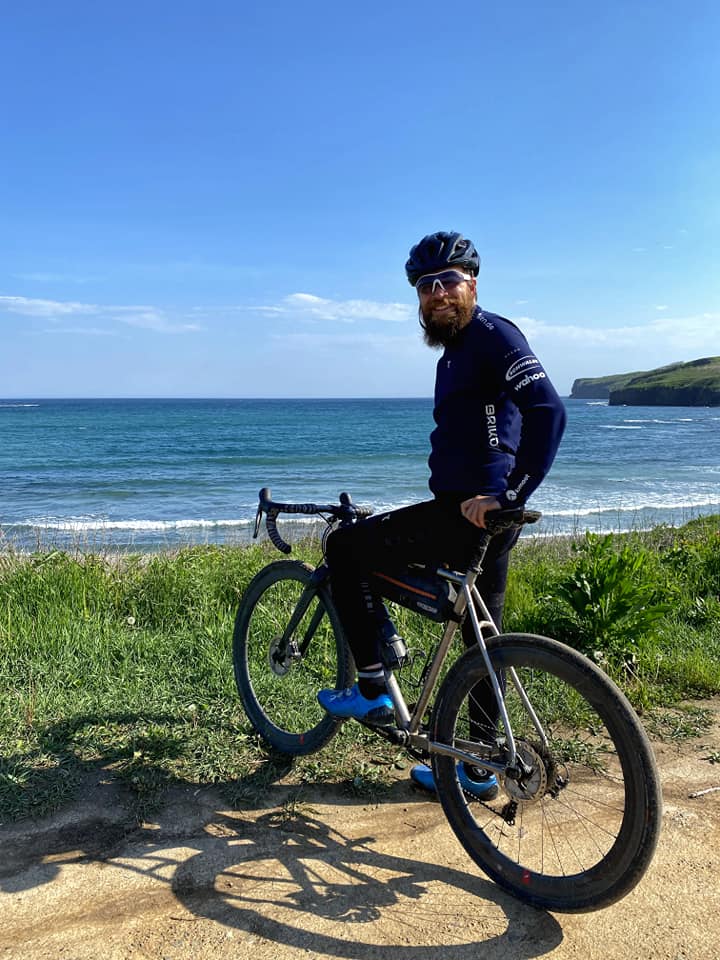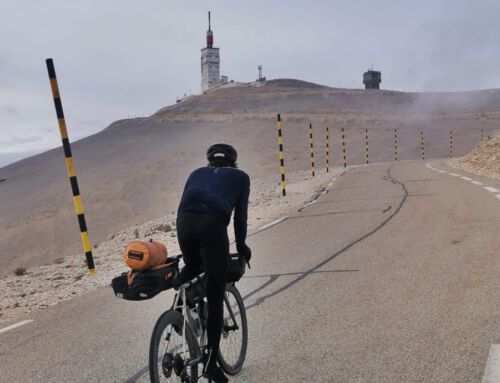One week in Vladivostok and, except for two days, only continuous rain. I use the time to look for a ship and, at the same time, a flight to Mexico.
As my visa for Russia is about to expire, I am feverishly looking for a solution to get out of here.
I found a cargo ship that sails to Korea and on to Mexico on 5 June. That would be ideal, and I’ve been in contact with the shipping company’s management. But the answer is always the same: at the moment, not even the shipping company’s managing director is allowed to board the ship. In the meantime, my last option is to fly, and even then only one flight via Tokyo, with a high risk of getting stranded en route.
On Sunday morning I am already at the airport 4 hours before departure.
I am the first one at the check-in and immediately the problems start. They see that my visa has expired and it takes at least 10 phone calls and 40 minutes of waiting until this is cleared up. Then it’s about the transit in Tokyo and finally I have to prove that I am allowed to enter Mexico. After another 20 minutes I have to sign a paper accepting responsibility for a possible stranding in Tokyo itself. They point out to me that if the flight to Mexico were to be cancelled today for any reason, I would have a huge problem. Theoretically, I would be allowed to stay in transit in Tokyo for 24 hours, but the transit area is closed at night and I would be forced to leave the area, but would not be allowed to enter either. I would be in a bureaucratic impasse.
The border officials take another 20 minutes until it is clear that I am allowed to leave despite my expired visa.
It’s a shame that I have to fly across the Pacific, because I wanted to travel around the world as CO2-neutrally as possible. But that doesn’t change anything about the triathlon and I will make a compensation payment to a nature conservation organisation for the CO2 pollution. In the end, I had no choice.




